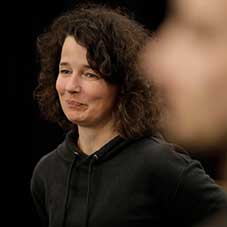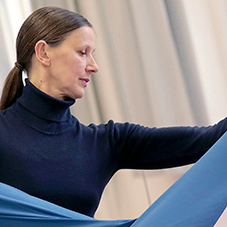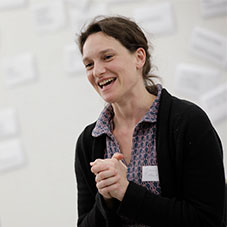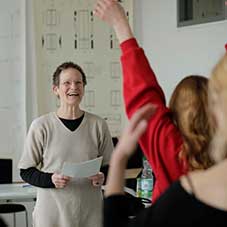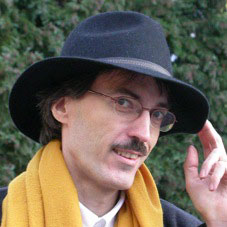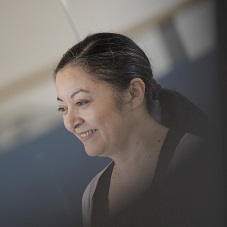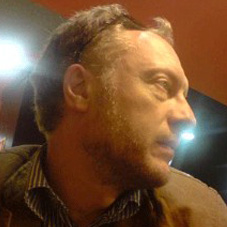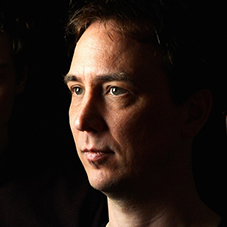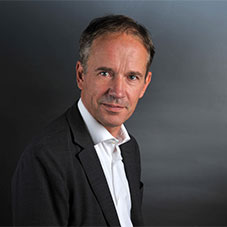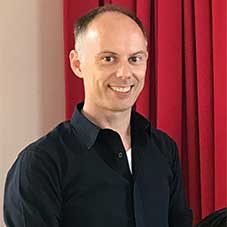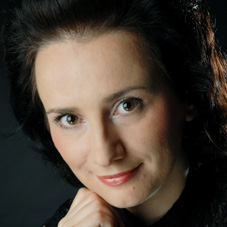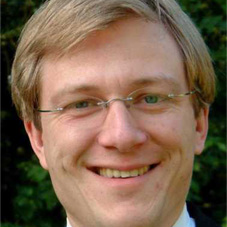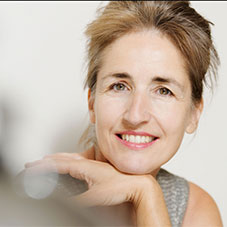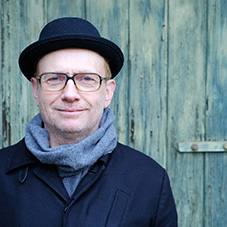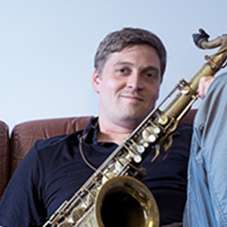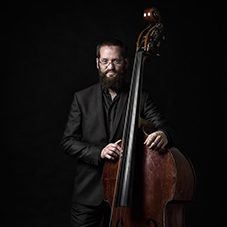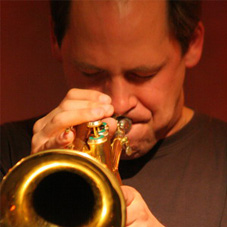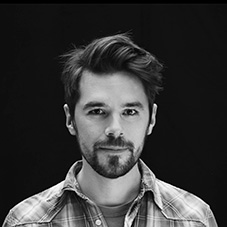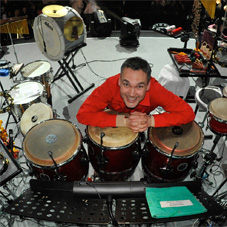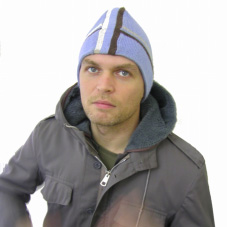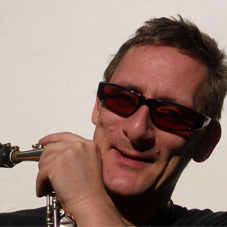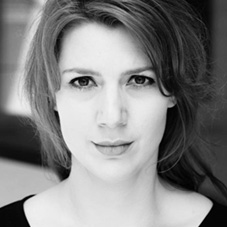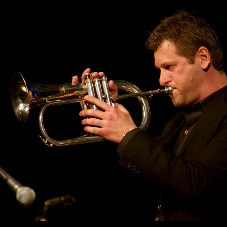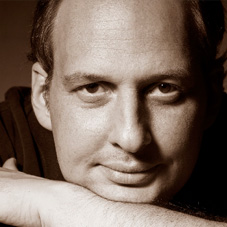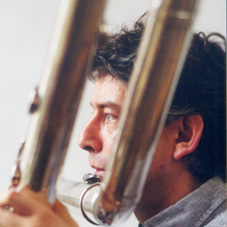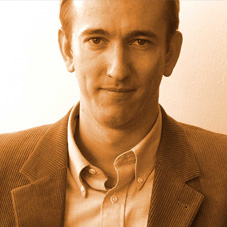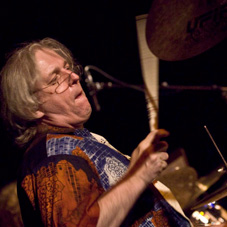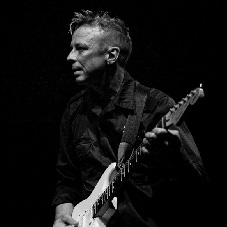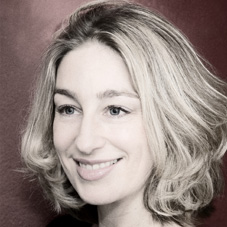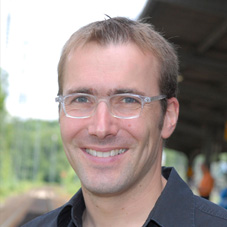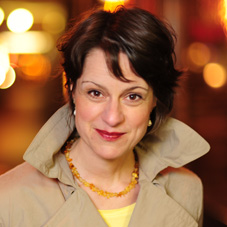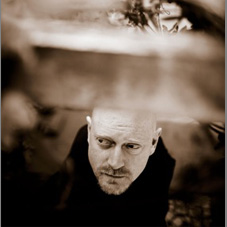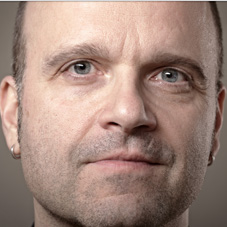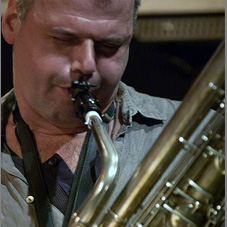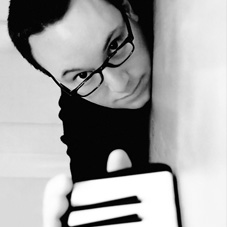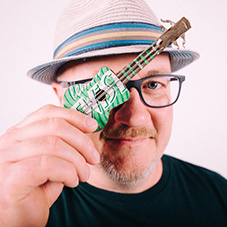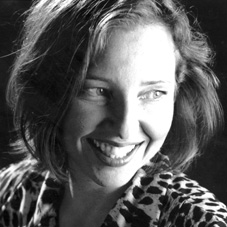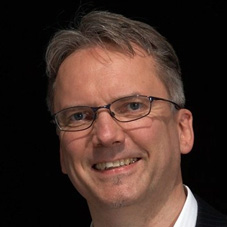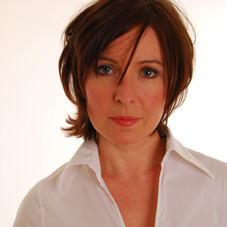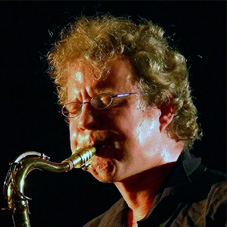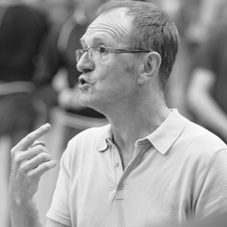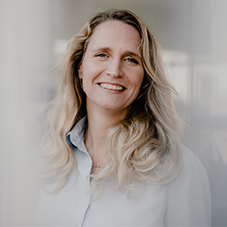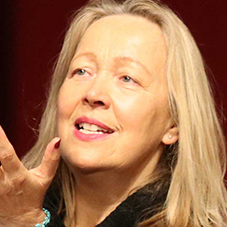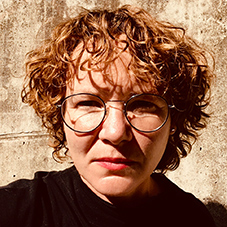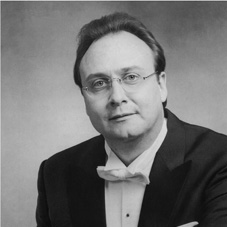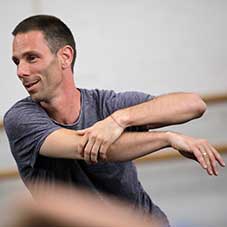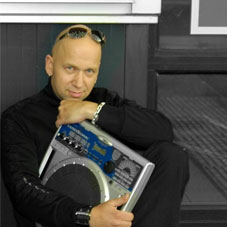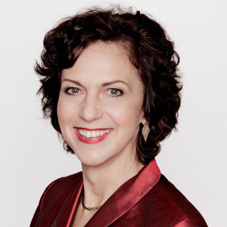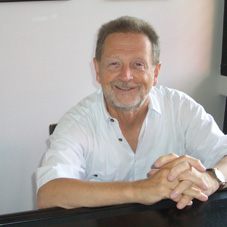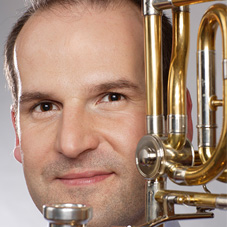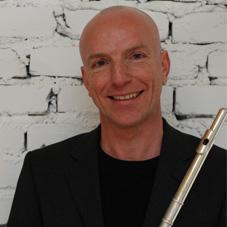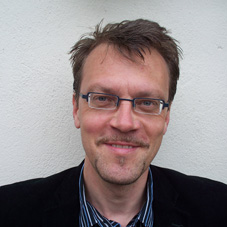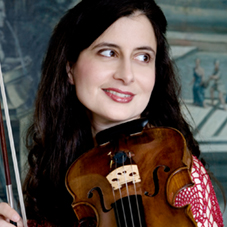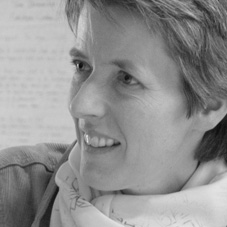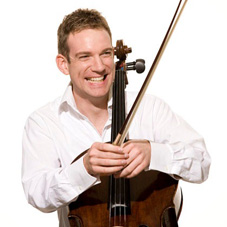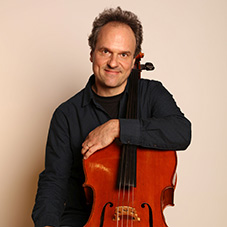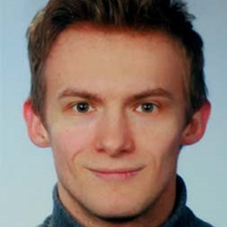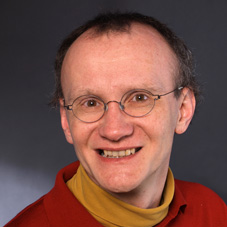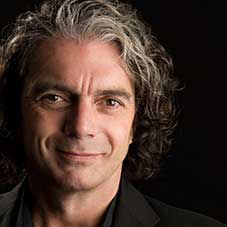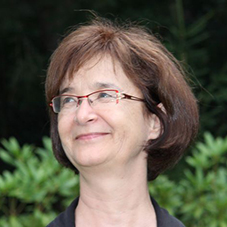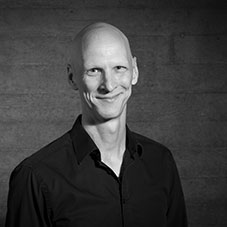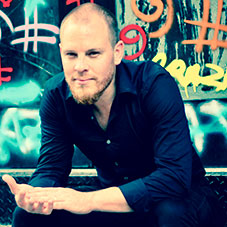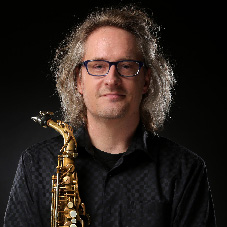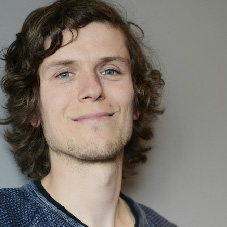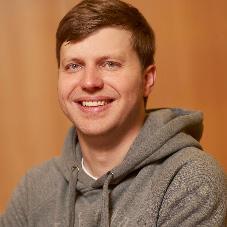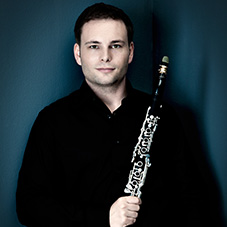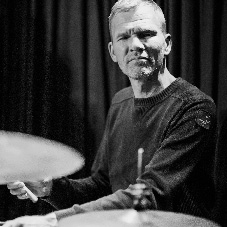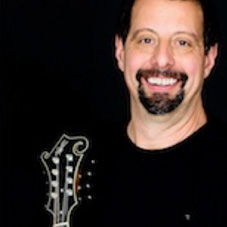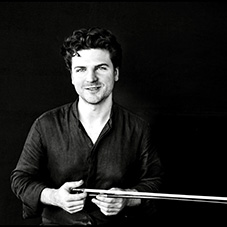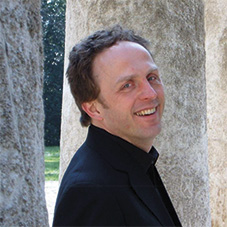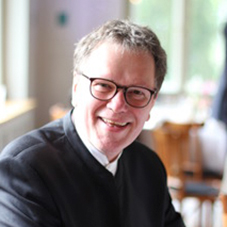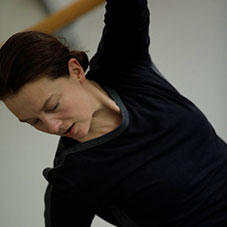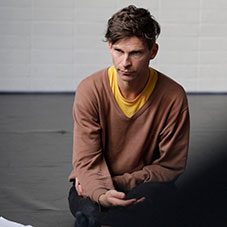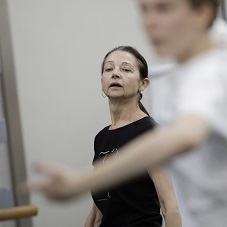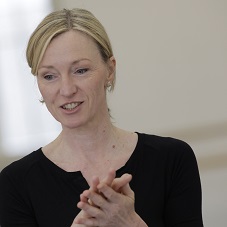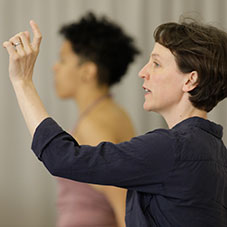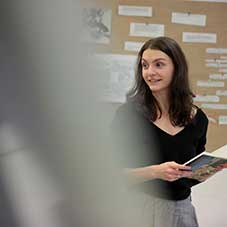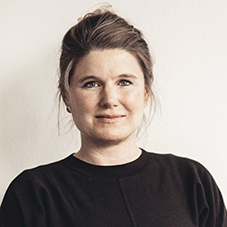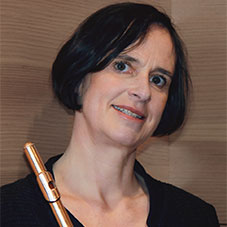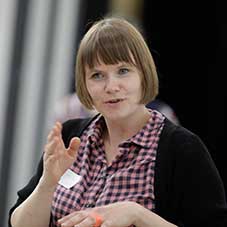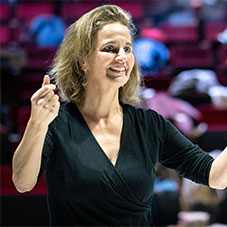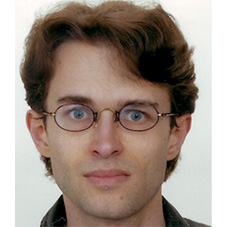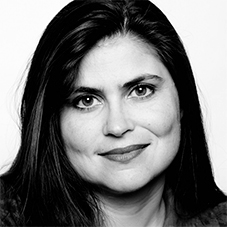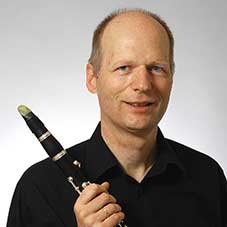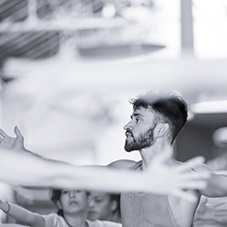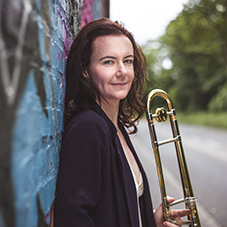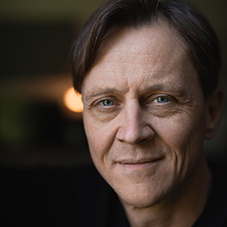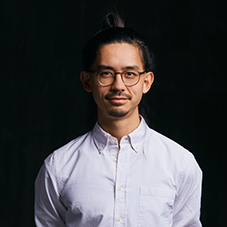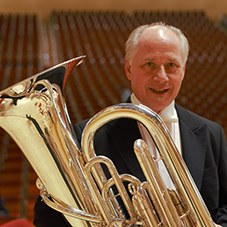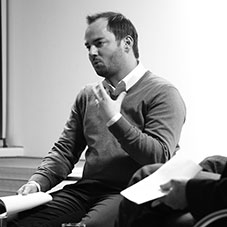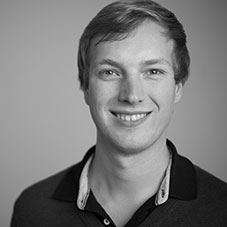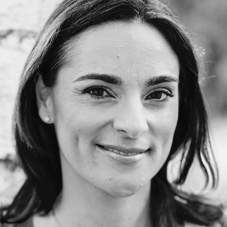###PRINT_PATH###
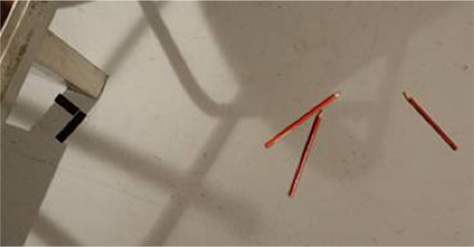
Studying Dance as a Science?
What does make bodies to move together? In which qualities, contexts and relationships do they move? And, what does move with the body —energies, histories, sensual and social orders, or our traumas?
The worldwide pandemic has emphasized on how freedom and restrictions of movement, interconnectedness of people, and uneven distribution of care and resources are often radically related to bodies and orders of space. This provokes questions about the value of corporeality in areas of social life. The ability to act sensitively and analytically responding to corporeal and intercorporeal relations has become one of the central areas of competence in more and more fields of profession.
To pursue dance studies allows developing tools and methods to ponder these questions in detail. What perspectives are evoked by practices of dancing, choreographing, bodily education? And how can they be researched? How can we understand and analyze social choreographies in their specific contexts? What does an examination of dance from global and postcolonial approaches require? And how can we discuss collective political acts by incorporating methods from dance and performance studies? Moreover, how can scholarly examination feed back into diverse practices of movement and dance?
The interdisciplinary MA Dance Studies program at the School of Music and Dance Cologne addresses such questions about aesthetic, social, and political formations, thus delineating dance studies as a viable and socially relevant endeavour.
MA Dance Studies at the University of Music and Dance Cologne
The Cologne University of Music and Dance is one of the two universities where dance studies can be studied as an independent subject in an interdisciplinary, 4-semester long Master's program in Germany. The program is unique in German-speaking countries as part of a vibrant dance-practical study environment at the Center for Contemporary Dance Cologne and partnering with the German Dance Archive Cologne, one of the biggest dance archives in the country.
The diverse faculty of three professorships in dance studies and two research lecturers offer MA students a variety of research-related and artistic perspectives and ideal conditions for individual support. Students can also develop close cooperation with the CCD teachers of dance practice. The faculty expertise in dance research and practice ranges from dance history, choreography, dramaturgy, and critical engagement with discourse analytic, empirical, and qualitative research methods to thematic and methodological emphases in dance and politics, sociology, ethnography, gender, media, intersectionality, and decolonial theories, as well as diverse local and global emphases in Southern Europe, (Southern) Africa, the Middle East, and the Euro-American region, among others.
A self-reflexive understanding of academic pursuit is supported through a lively culture of discussion and a variety of methods. Students examine aesthetic, historical, political and social workings of dance as well as the tools that these fields offer to inform themselves about a wide range of dance choreographies—including artistic forms and ways of working as well as everyday and popular culture or protest movements in public spaces.
Learning to read critically is systematically developed, as is the ability to transfer methodological skills and insights to other academic and non-academic contexts. Writing workshops introduce students to diverse formats of writing about and with dance, which are applied in publications, dramaturgical projects, and interdisciplinary collaborations. Last but not least, numerous exercises on intertwining theory and practice, and ways to interrogate the demarcations between the two will be suggested.
The program offers both regular seminar courses (especially in the first year) as well as block seminars and project-oriented research opportunities. Thus, it promotes not only independent and thematically self-determined research but also one’s engagement with various professional fields. The CCD is very well integrated into the network of the dance scene in North Rhine-Westphalia (including tanzhaus nrw, PACT Zollverein, FFT Düsseldorf, tanzfaktur Köln, Schauspiel Köln). It brings students into contact with the regional and national scene as well as with partner universities (i.e., the University of Cologne and Academy of Media Arts Cologne) and other affiliated institutions (i.e., Kolumba Museum, Museum Ludwig, Rautenstrauch-Joest-Museum, Academy of the Arts of the World).
Who?
The Master's program in Dance Studies is looking for open-minded and committed students from all disciplines who are interested in acquiring a critically-reflected spectrum of methods in order to understand and investigate phenomena of bodies, movement and dance. It is also of interest to those who would like to work in the field of dance in areas of teaching, cultural management, contextualization, or who are already artistically active and seek the possibility to dedicate themselves in an intensive study program to foster new perspectives on their work.
Admission requirements are usually a first university degree (i.e., in dance, theater and music studies, cultural or social sciences) and a relevant rationale for study to be delivered in the motivation letter. Students should have a very good knowledge of German and English. The CCD is interested in a heterogeneous, diverse and interdisciplinary group of students.
The application deadline is the 1st of June of each year in order to begin the study in the winter semester (at the beginning of October). The application package has to be submitted to the study secretariat.
General Information
• Academic degree: Master of Music
• Duration of degree program: 4 semesters (2 years)
• Start of program: Winter semester
• Degree requirements: 120 ECTS credits
• Graduate program: doctorate
The application is online. All information about the procedure can be found on our application page. Subject to the ongoing accreditation process, the following information and regulations apply.
The eligibility requirement of M.A. Dance Studies is normally a first university degree (i.e., BA degree in subjects such as dance, theater or music studies, cultural studies, social sciences, or in other fields that provide a possibility to investigate bodily cultures, dance, choreography, social and political interaction of moving bodies in a variety of contexts).
In cases of an artistically-oriented B.A. degree, admission may be conditional on the attendance of compulsory courses in dance studies provided in the BA Dance program.
Since the courses are taught primarily in German and also involve literature in English a very good German and English language skills are a prerequisite for study
The application deadline is the 1st of June of each year in order to the begin the study in the following winter term (at the beginning October).
If you have any questions, please do not hesitate to contact Prof. Dr. Yvonne Hardt.
Further information about the study program can be found here.
Course of studies
Students in the MA Dance Studies complete a total of 6 modules over the course of 4 semesters.
In order to prepare graduates in the best possible way for a wide range of professional fields and in line with the special profile of the CCD, theoretical and practical perspectives are approached conjointly from the very first semester. In addition to the theoretical-methodological research seminars, one or two practical exercises are integrated into each module. Students also do one longer internship. That way they have the opportunity to deepen their applied skills and to expand them in specific work contexts.
The seminars are methodologically oriented in order to facilitate in-depth MA studies that are intensive in terms of reading, research, and projects, and yet highly independent in terms of interest and specialization.
Module 1: Methods of Dance Studies
This module provides an overview of problems, themes, terminologies and research perspectives of the field of study. Through intensive reading practice, students are encouraged to inquire a critical scholarly perspective to independently pursue their interest in dance studies or affiliated fields and reflect on their respective methods. These methodologies demonstrate a diverse range from movement and discourse analytical tools to qualitative empirical and ethnographic ones and to collective research practices. Dance practice courses are included to complement the scholarly spectrum of methods with body-reflexive analytical skills in dance studies.
Module 2: Dance Historiography
The module teaches historiographical methods and offers a reflection on historiography that seeks to critically interrogate the canon of dance history. In this context, global or informal practices as well as different social, national or cultural narratives are investigated, for example regarding their materiality, genealogy and efficacy.
As they work on reconstructions in dance practice, students will have the opportunity to develop their unique perspectives on dance history(s), or herstories. At the German Dance Archive Cologne, students acquire practical skills in historic and source based research, which they may apply for example, by editing ‘Nachlässe’ (collections of personal and professional belongings given to the archive after the death of an artist) or web presentations of archival materials. Working on reconstructions students will have the opportunity to develop their practice based perspectives on dance history(s), or herstories, focussing on how bodies and dancing contributes to doing history. These experience complement a discussion of approaches to ‚archive‘ and ‚memory‘ in dance.
Module 3: Composition, Choreography and Dramaturgy
In this module, compositional, choreographic and dramaturgical methods are theoretically and practically elaborated and reflected upon. 'Composition', 'choreography' and 'dramaturgy' are understood as situated concepts in a broader perspective beyond the context of stage and theater. In addition to teaching historical and contemporary concepts of choreography and composition, the module encourages transfers between academic and dance practice through cross-curricular collaborative formats at the ZZT as well as regular collaborations with institutions outside of the university. In dialogue with various aesthestic, dramaturgical, and choreographic modes of working and analysis students can develop and realize their own concepts in individual and collective projects. Topics covered include project management, grant writing, and artistic production as constituent of institutional politics.
Module 4: Body / Art / Media in a Global Context
Students immerse into contemporary developments in the fields of dance and bring translocal connections in dialogue with their own research and practice. As the module interlinks the arts and the media, students may include a wide heterogeneity of interests including music, visual arts, theater, performance, and artistic expressions in everyday life such as forms of protest in a variety of global contexts. Postcolonial theoretical engagement is central in this module as a lens to look at politics of aesthetics and curatorial strategies. Critical theories of race, gender, ethnicity, dis/ability, and sexualities are discussed within this practical realm and in reference to diverse cultural and political settings. Advantages and disadvantages of comparative research strategies are discussed. Students are encouraged to conduct their own artistic and scholarly research projects that experiment with the use of different media, including web based formats aiming to increase the public reach of dance as an aesthetic, cultural, and political field of study.
Module 5: Research Module
This module offers students the opportunity to independently research a topic of their choice. The knowledge and skills acquired in the course of the program are to be applied, tested and expanded. The delivery of the research process and findings will be practiced in a presentation format. The Modul also prepares students to write a research exposé for their MA-thesis.
Module 6: Examination module
In this module, students are writing their MA-thesis and are expected to defense the outcomes of their written master's thesis through an oral examination.
The program qualifies students for an academic career, such as doctoral studies in the field of dance and cultural studies, or all fields within the scope of the arts, humanities, and social sciences, in which a critical methodological approach is a prerequisite. It also qualifies students for work in theaters and other institutions of art and culture in areas such as curation, cultural management, dramaturgy, artistic and cultural production, community-engaged art organization, and communication. Further fields of activity can be found in cultural policy related institutions, archives, and publishing houses, such as an editor or a critic). The systematic promotion of experiences with transfer processes related to forms of knowledge and methods in dance also enable graduates to transfer the competencies and knowledge gained in the program to other professional fields.
Contact
- Prof. Dr. Yvonne Hardt
Künstlerisches Hauptfach; Tanzwissenschaft, Choreografie Standort
Köln
